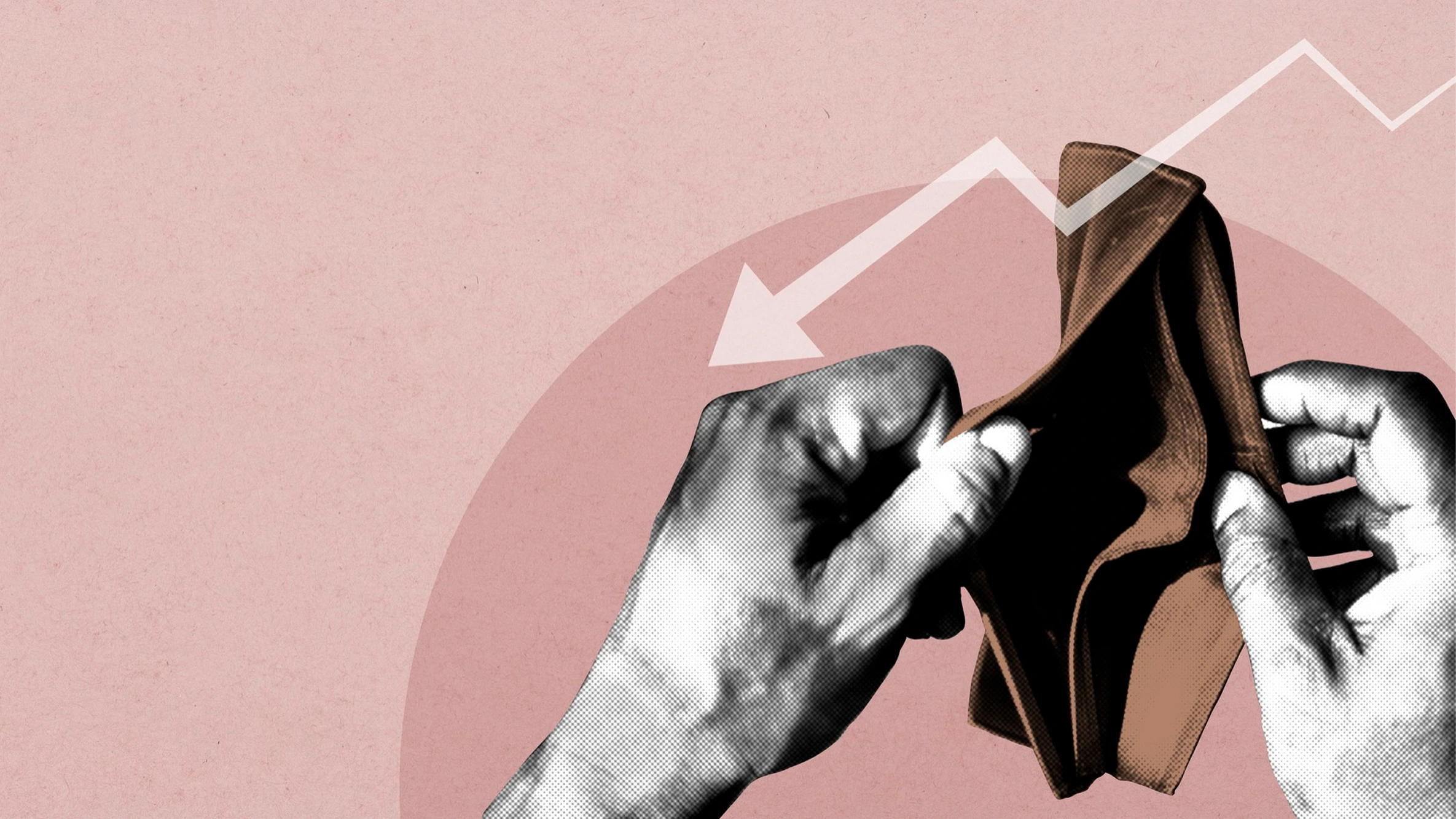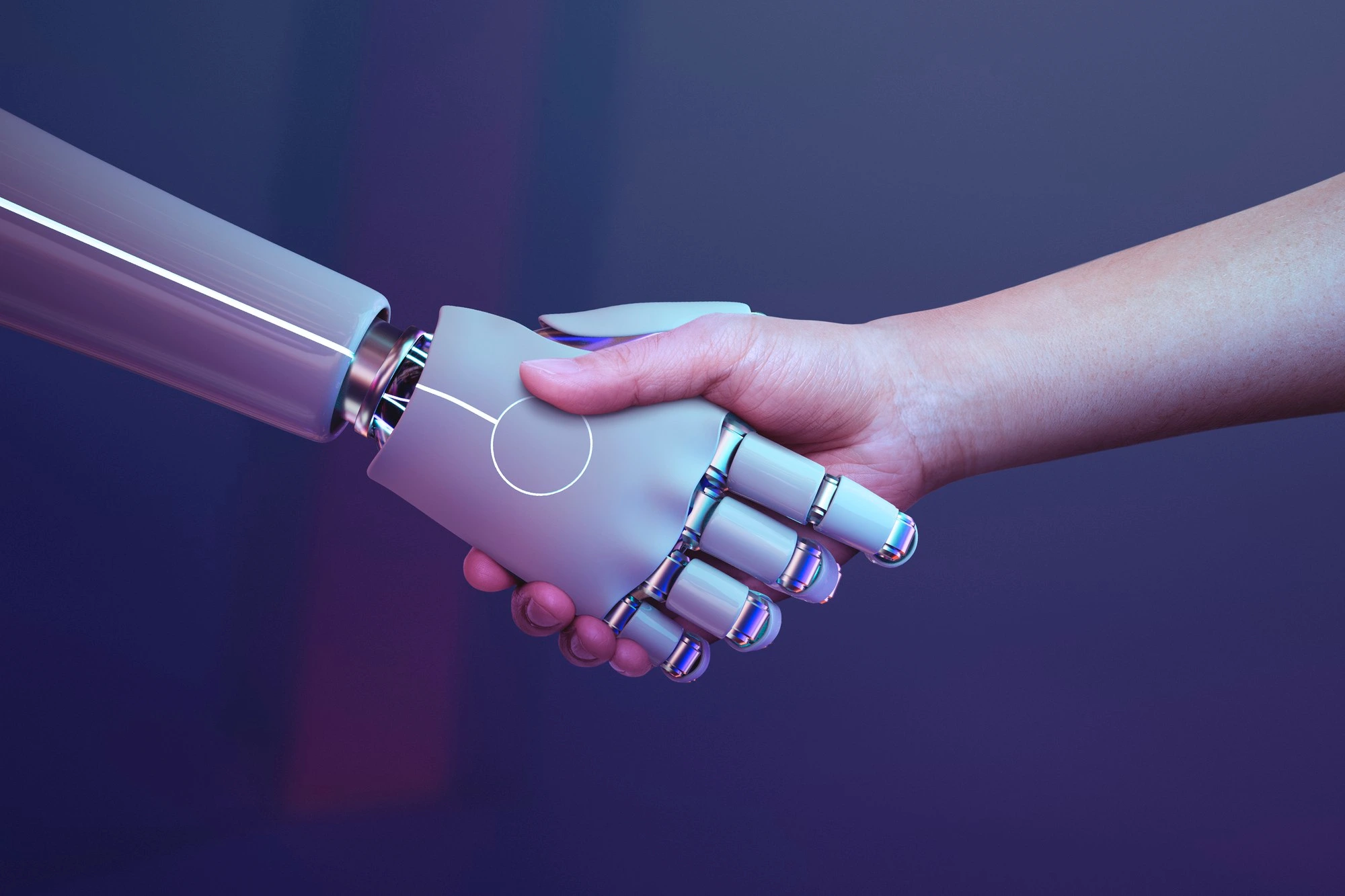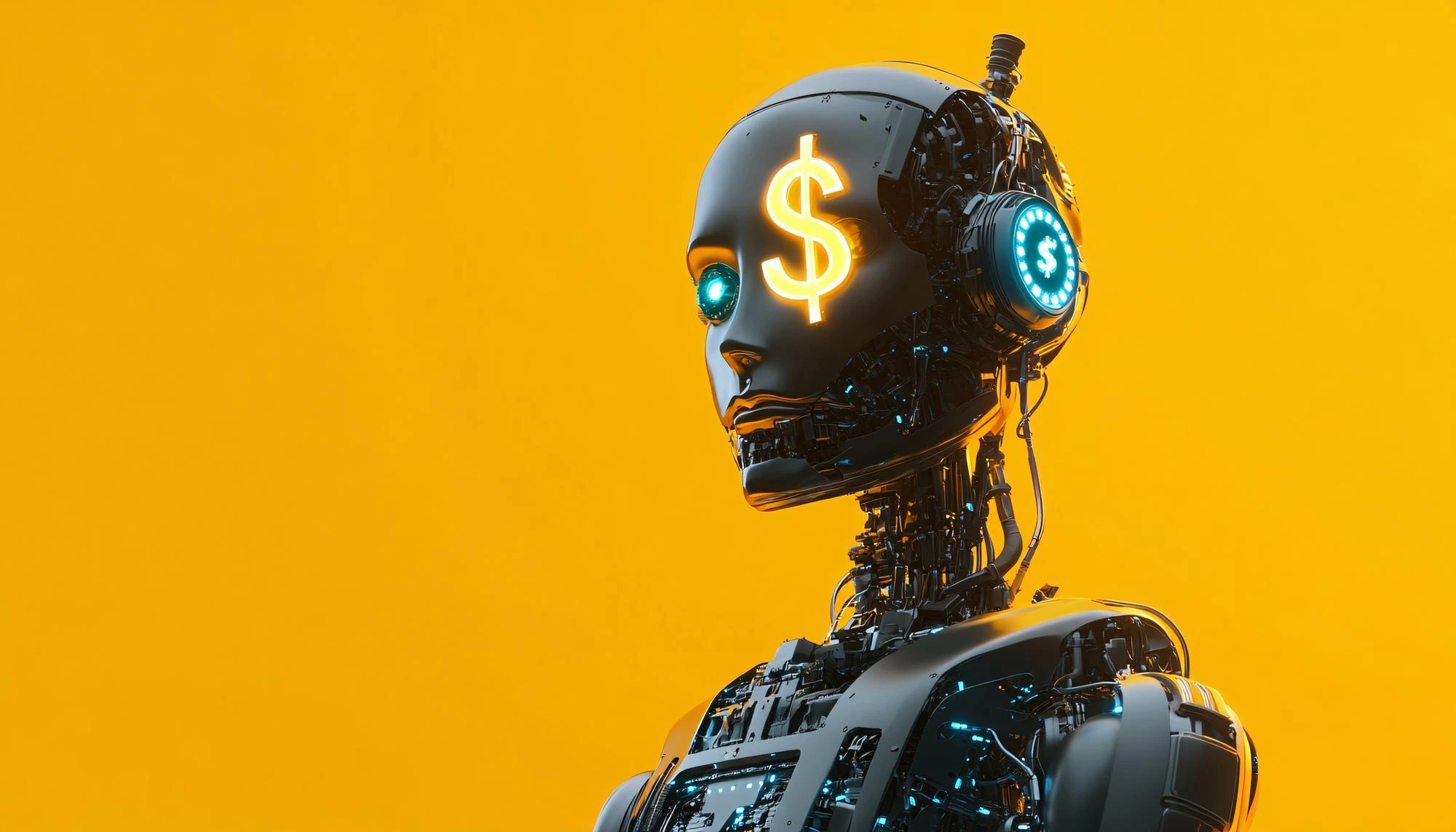Everyone’s talking about self-driving cars, but we’re wondering where are the flying cars and the robot maids The Jetsons promised us?
We need answers, so we sponsored the What Will the Collections Agency of Tomorrow Look Like? at the Future Summit to get some ideas about the collection agency of tomorrow.
The consensus was clear - technology, especially AI and machine learning - will rewrite the script of traditional repayment operations.
"The big conversations now are not about whether things will change, but how they'll change and how quickly they'll change,” said Shantanu Gangal, CEO and co-founder of Prodigal as he introduced the panel.
Are small agencies on their way out?
Michael Meyer, Chief Technology Officer at MRS BPO, brought some spice right away, predicting that the future of small agencies is questionable, especially in a technology-dependent environment.
But Michael’s co-panelists thought small agencies still had some potential opportunities. Tim Collins, Chief Compliance Officer at Indebted, argued for the power in the agility of smaller agencies.
And Pran Navanandan, Managing Member of Halsted Financial agreed. "I think by the time some of the bigger companies go through their bureaucracy, a smaller agency might be able to be sending texts, doing chat, have a dynamic payment portal, and have a voice bot,” he said.
Humans will still matter
Despite the consensus on the current and coming impact of technology, the panelists were unanimous in stating that the human touch would not entirely fade away.
Tim said, “I don't think we're ever going to get to where you just have a collection agency that's 100% digital. Because we're human, we like to relate. And we like to be able to ask questions where we can talk to people.”
But that doesn’t mean technology won’t affect the way we work. Collections and repayment will continue to undergo a shift in human roles, moving from customer interaction to managing technology.
Pran agreed. “Auto loans are always going to require human touch. $25,000 loans, consumers are just not going to go onto the portal. And I think there will always be the one-off quirky conversations that need to be an inbound call. But I think outbound collections is only going to be 10-15% of total collections. So I think everyone's going to have to be repurposed.”
As Michael aptly put it, there will be a demand for more "architects" - the handlers of technology and processes.
Meeting customer preferences
The place technology is taking in accounts receivable is part of a perfect storm of factors, including payor preferences.
"I think the future of debt collection may see a shift from outbound collections to more automated, customer-centric approaches," Tim said.
We’re already seeing that in the pivot towards customer engagement and account portals as opposed to simple payment portals.
“Any reason a consumer needs to call into our office, that needs to be able to happen on our portal. Whether it's disputing a debt, requesting original documentation, asking a customer associate to call back - all that needs to be able to be done on the account portal,” Pran said.
Michael and Tim both talked about self-serve order kiosks at coffee shops, and how efficient they made the process. Especially in debt collections, the balance of independence vs. connection is an opportunity.
“I think it will delight customers to realize that they can self-serve without the need of having to talk to a human. And I think that's a delightful experience in the debt collection space,” Tim pointed out.
"What does he think this is? The 20th century?"
While we’re still waiting for answers about those darn flying cars, there’s a lot to be excited about in the future of collections and repayments.
One thing everyone agreed on - our future is going to depend on adopting and deploying the right technology at the right time, to serve both teams and customers. Your future success depends on making the right decisions now.













.jpg)









.webp)
.webp)













.webp)







-min.avif)









.avif)












-modified.avif)















.avif)














.avif)


